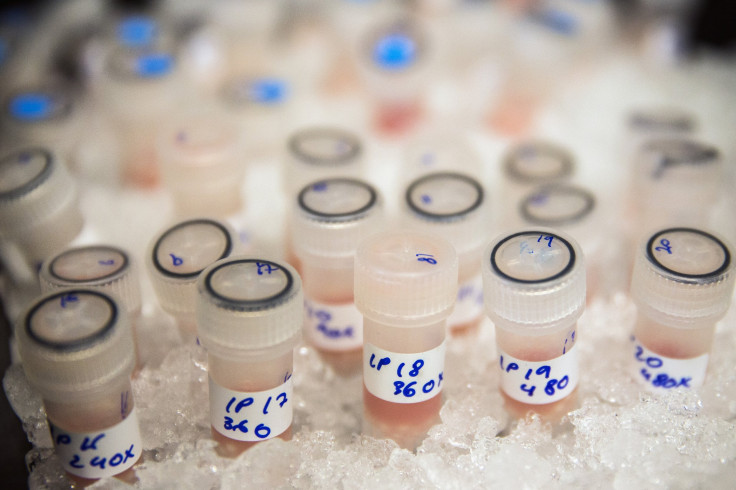Lutathera,Treatment For NETs Tumors, Improves The Amount Of Time Patients Go Without Cancer Progression

Patients suffering from a rare form of cancer known as advanced gastrointestinal neuroendocrine tumors (NETs) previously had limited options when it came to treatment. On top of this, few oncologists are trained, or specialize in this type of tumor, making a patient’s prospects of receiving the help they need even less promising. But this may soon change; a research team from ECCO-The European Cancer Organization has just completed the third phase of their randomized, international trial using a new treatment for NETs. So far, they are astounded by their results, finding that patients who have mid-gut NETs and receive this treatment live longer without the disease getting worse. Their findings will be reported on Saturday at the 2015 European Cancer Congress.
A diagnosis of mid-gut NETs does not happen frequently. According to the study, about five in every 100,000 cancer patients have this type of tumor. The Carcinoid Cancer Foundation explains that NETs are often small, slow growing tumors usually found in the gastrointestinal system, but can be found in other places like the lungs and pancreas. If the tumor is located in the gastrointestinal system, there is a chance that it could spread to the liver, and then other parts of the body.
For Dr. Phillipe Ruszniewski, head of the Department of Gastroenterology-Pancreatology at Beaujon Hospital in France, the goal of their treatment was to not only improve quality of life for patients living with NETs, but to increase the time of progression-free survival, or PFS. Phase III of their trial with this innovative treatment, which they are calling Lutathera, proved to be the most promising results they’ve seen yet; PFS was the longest it has ever been for patients living with this type of cancer.
“Because these patients have a real unmet medical need, this is particularly pleasing for us,” Ruszniewski said in a recent press release.
Ruszniewksi explains that Lutathera is a form of new treatments known as Peptide Receptor Radionuclide Therapy (PRRTs). With these therapies, tumors are targeted with radiolabeled somatostatin analogue (SSA) peptides. This technique is derived from a larger body of treatment within molecular nuclear medicine, where small amounts of radioactive substances, or radiopharmaceuticals, can be used both to create images of the disease, and treat it. SSAs are currently one of the most popular ways to reduce the symptoms of NETs.
For the trial, Ruszniewski and his team used 230 volunteer patients from 36 sites in eight European countries, and 15 sites from the U.S. Every patient involved had been diagnosed with mid-gut NETs which had spread to other parts of the body, and had received SSA treatment. The researchers then divided the participants randomly, giving some the Lutathera treatment, along with a dose of current, standard treatment for mid-gut NETs. Others received the standard treatment for this tumor without Lutathera.
Lutathera, along with the common treatment was given intravenously. Patients receiving Lutathera were given four doses over an eight-week period, along with 30 mgs of Octerotide LAR, the common treatment, every 28 days.
Ruszniewski says the results confirm what they discovered in the first two phases. While PFS was measured to be 8.4 months on the current treatment alone, patients receiving Lutathera too showed an even longer PFS time.
“This kind of PFS is rarely achieved in cancer,” Ruszniewski said. “We also have been able to see that Lutathera has a good safety profile and offers these patients a good quality of life.”
In light of the positive results, Ruszniewski hopes to expand his treatment to other parts of the body with NETs.
“Now, apart from making the drug available through submitting it for approval by the regulatory authorities, we would like to see additional studies investigating its efficacy in other types of NETs, for example, pancreatic and bronchial,” he said.
Source: Ruszniewski P, et al. 177-Lu-Dotatate significantly improves progression-free survival in patients with mid-gut neuroendocrine tumours: Results of the phase III NETTER-1 trial. The European Cancer Congress. 2015.



























